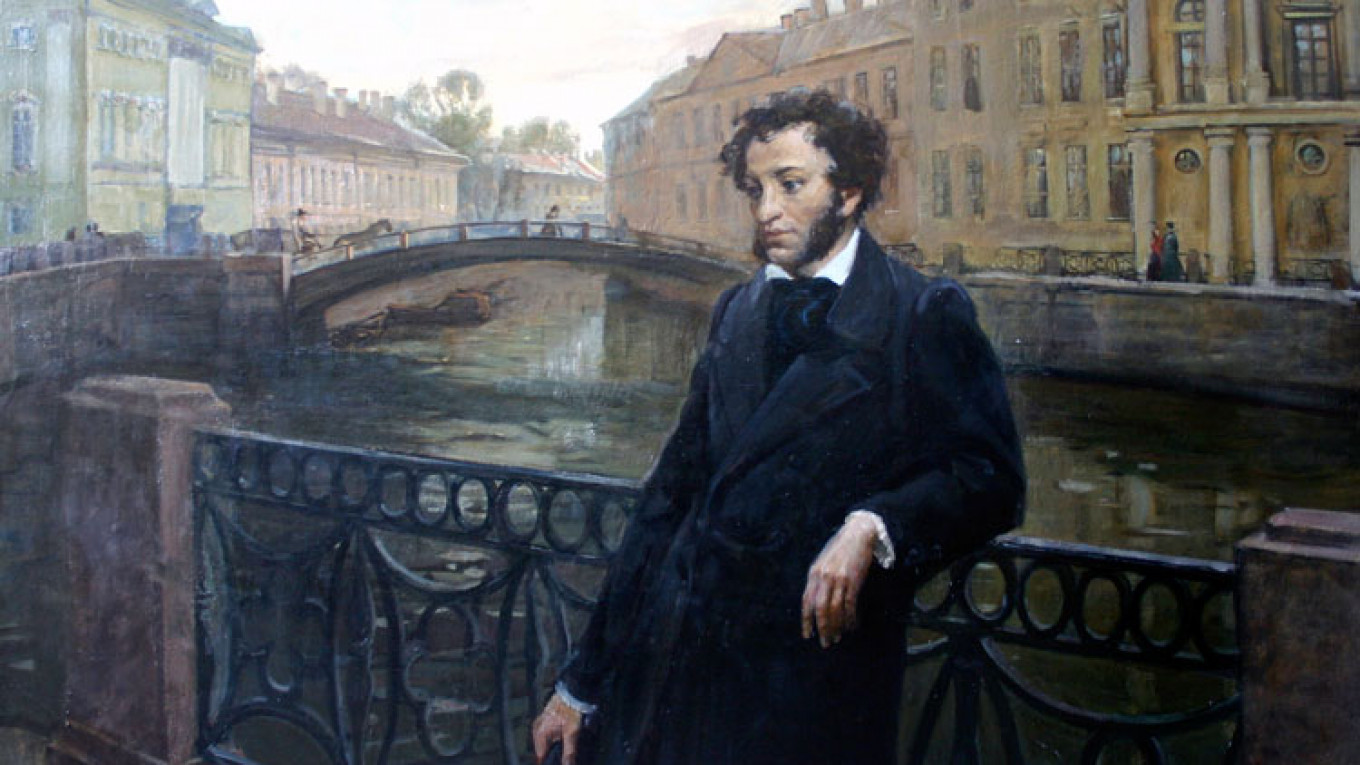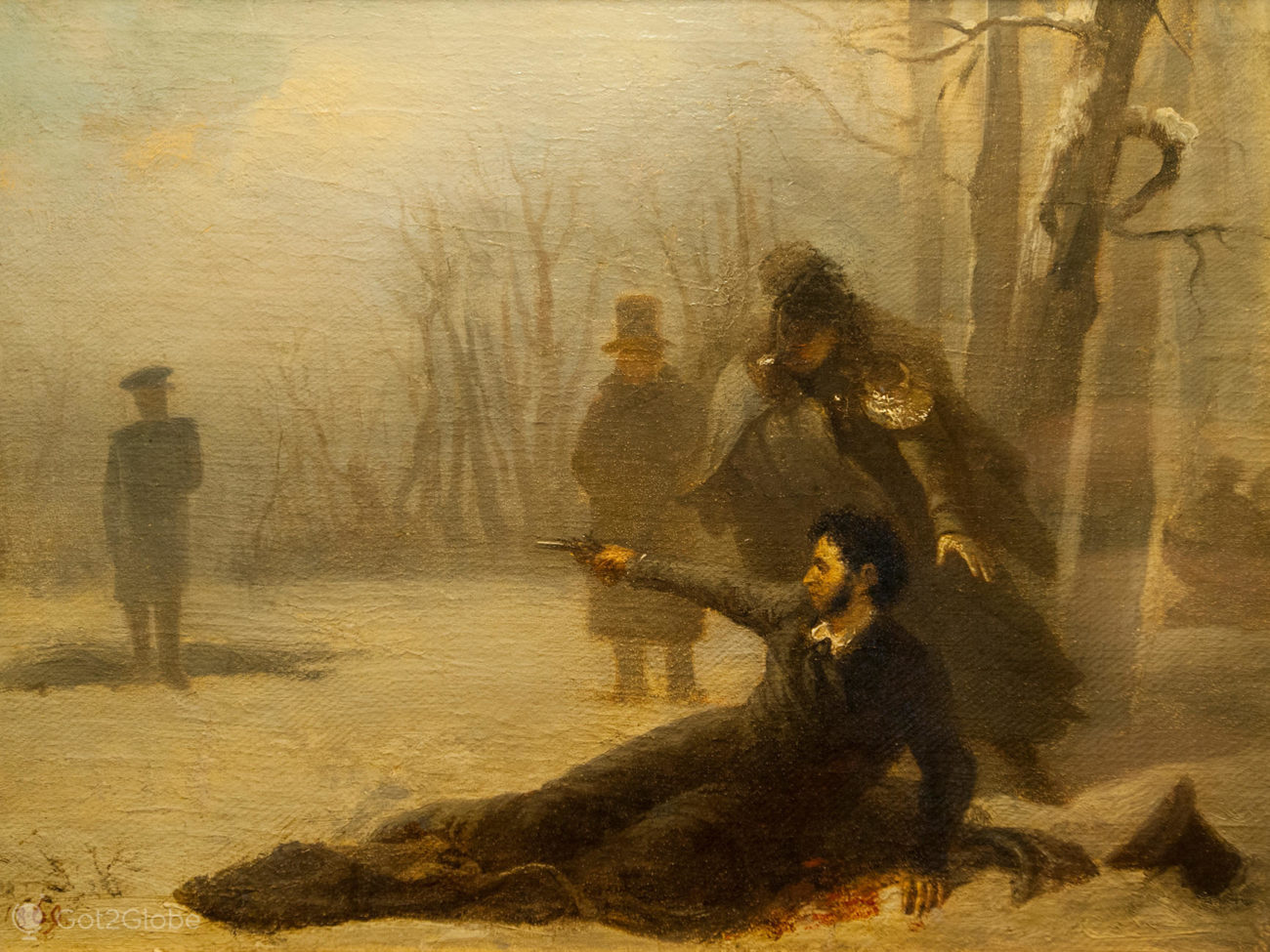The Legacy of Alexander Pushkin: A Literary Titan
Introduction:
Alexander Pushkin, often hailed as the father of modern Russian literature, left an indelible mark on the literary landscape not only of Russia but of the world. His works, marked by their depth, lyricism, and exploration of the human condition, continue to captivate readers across generations. In this essay, we will delve into the life, works, and enduring legacy of Alexander Pushkin, examining his contributions to literature and his influence on subsequent generations of writers.
Early Life and Influences:
Alexander Sergeyevich Pushkin was born on June 6, 1799, in Moscow, Russia, into a noble family with a long and distinguished lineage. From a young age, Pushkin showed a remarkable aptitude for literature and language, displaying a keen interest in poetry and storytelling. He was well-educated, studying languages, history, and literature, and was heavily influenced by the classical works of Russian, European, and Ancient Greek literature.
Literary Beginnings:
Pushkin began writing poetry at an early age, and his talent soon gained recognition within literary circles. His early works, such as "Ruslan and Ludmila" and "Eugene Onegin," showcased his poetic prowess and innovative use of language and form. Pushkin's writing was characterized by its romanticism, realism, and exploration of themes such as love, honor, and the human spirit.
Themes and Style:
Pushkin's works often explored themes of love, freedom, fate, and the human condition. He had a remarkable ability to infuse his writing with emotion and depth, capturing the complexities of human experience with precision and elegance. Pushkin's style was marked by its clarity, simplicity, and musicality, with a mastery of rhyme, meter, and imagery that set him apart as a literary genius.
Political and Social Commentary:
Despite facing censorship and political persecution from the Russian authorities, Pushkin did not shy away from addressing controversial political and social issues in his works. He used his writing as a means of social commentary, critiquing the injustices and inequalities of his time while advocating for freedom, justice, and reform.
Legacy and Influence: Pushkin's impact on Russian literature and culture cannot be overstated. His works laid the foundation for the development of modern Russian literature and inspired countless writers and poets who followed in his footsteps. Pushkin's influence extended far beyond the borders of Russia, with translations of his works introducing his genius to audiences around the world.
Pushkin's impact on Russian literature and culture cannot be overstated. His works laid the foundation for the development of modern Russian literature and inspired countless writers and poets who followed in his footsteps. Pushkin's influence extended far beyond the borders of Russia, with translations of his works introducing his genius to audiences around the world.
Alexander Pushkin stands as one of the most significant figures in the history of literature. His contributions to Russian literature and culture are immense, and his influence continues to be felt to this day. Pushkin's timeless works remain as relevant and impactful as ever, serving as a testament to the enduring power of the written word and the boundless creativity of the human spirit.
Pushkin's literary legacy extends across various genres, including poetry, drama, prose, and essays. His mastery of each form and his ability to imbue his works with profound insight into the human condition solidify his status as a literary titan. Let's further explore some of the key aspects of Pushkin's legacy:
- Poetry: Pushkin revolutionized Russian poetry with his innovative use of language, meter, and rhyme. His poems, ranging from romantic ballads to epic narratives, capture the essence of Russian culture and history. Works like "The Bronze Horseman," "The Captain's Daughter," and "The Tale of the Fisherman and the Fish" showcase his versatility and lyrical prowess.
- Prose: Pushkin's prose writings, particularly his novel in verse "Eugene Onegin," represent a groundbreaking achievement in Russian literature. Through the character of Onegin, Pushkin explores themes of love, loss, and the search for meaning in a rapidly changing society. The novel's unique blend of poetry and prose influenced generations of writers and remains a seminal work in Russian literature.
- Drama: Pushkin's contributions to Russian drama are equally significant. His plays, such as "Boris Godunov" and "The Stone Guest," draw upon historical events and folklore to explore themes of power, morality, and the human psyche. Pushkin's skillful dialogue and vivid characterizations breathe life into his dramatic works, earning him acclaim as a playwright of immense talent.
- Influence on Russian Literature:
 Pushkin's impact on Russian literature cannot be overstated. His works served as a source of inspiration for subsequent generations of writers, including Leo Tolstoy, Fyodor Dostoevsky, and Anton Chekhov. Pushkin's language, themes, and storytelling techniques became central to the development of Russian literary tradition, shaping the course of Russian literature for centuries to come.
Pushkin's impact on Russian literature cannot be overstated. His works served as a source of inspiration for subsequent generations of writers, including Leo Tolstoy, Fyodor Dostoevsky, and Anton Chekhov. Pushkin's language, themes, and storytelling techniques became central to the development of Russian literary tradition, shaping the course of Russian literature for centuries to come. - Cultural Icon: Pushkin occupies a central place in Russian culture as a national icon and literary hero. His image adorns countless monuments, museums, and cultural institutions across Russia, and his birthday is celebrated annually as Pushkin Day. Pushkin's influence extends beyond literature to encompass music, visual arts, and popular culture, cementing his status as a cultural giant.
In conclusion, Alexander Pushkin's legacy transcends the boundaries of time and space, leaving an indelible mark on Russian literature and culture. His works continue to inspire and resonate with readers around the world, reminding us of the enduring power of art to illuminate the human experience. As we reflect on Pushkin's life and legacy, we are reminded of the transformative impact of his words and the timeless relevance of his literary vision.
- Language and Style: Pushkin's contributions to the Russian language are profound. He played a pivotal role in shaping modern Russian literary language, introducing new vocabulary, expressions, and linguistic innovations. Pushkin's elegant prose and mastery of language set a standard for future generations of writers, influencing the development of Russian literature and language.
- Exploration of National Identity: Pushkin's works played a crucial role in shaping Russian national identity. Through his writings, he celebrated Russian history, culture, and folklore, fostering a sense of pride and unity among his fellow countrymen. Pushkin's portrayal of Russian life and character helped to define Russia's cultural identity and its place in the world.
- Literary Innovations: Pushkin's creative innovations continue to inspire writers and scholars alike. He experimented with literary forms and techniques, pushing the boundaries of Russian literature and challenging conventional norms. Pushkin's use of irony, satire, and narrative structure influenced the development of Russian literary realism and paved the way for future literary movements.
- International Impact: Pushkin's influence extends far beyond the borders of Russia. His works have been translated into numerous languages and have captivated readers around the world. Pushkin's universal themes of love, passion, and the human spirit resonate with audiences of all cultures, demonstrating the enduring relevance of his literary vision on a global scale.
- Cultural Renaissance:
Pushkin's era, known as the "Pushkin Golden Age," marked a period of cultural renaissance in Russia. His works inspired a flourishing of literary, artistic, and intellectual activity, contributing to the growth of Russian cultural identity and creativity. Pushkin's influence extended to various artistic movements, including Russian Romanticism and Symbolism, shaping the cultural landscape of his time and beyond.
- Continued Scholarship and Exploration: Pushkin's legacy continues to be the subject of scholarly inquiry and exploration. Scholars around the world study his works, life, and influence, uncovering new insights into his literary genius and cultural impact. Pushkin's enduring relevance in academic discourse underscores the significance of his contributions to world literature and culture.
In summary, Alexander Pushkin's legacy encompasses a rich tapestry of literary, cultural, and linguistic achievements. His works continue to inspire and captivate readers, while his influence resonates across generations and borders. Pushkin's enduring legacy as a literary titan ensures that his contributions to literature and culture will be celebrated for centuries to come.





























